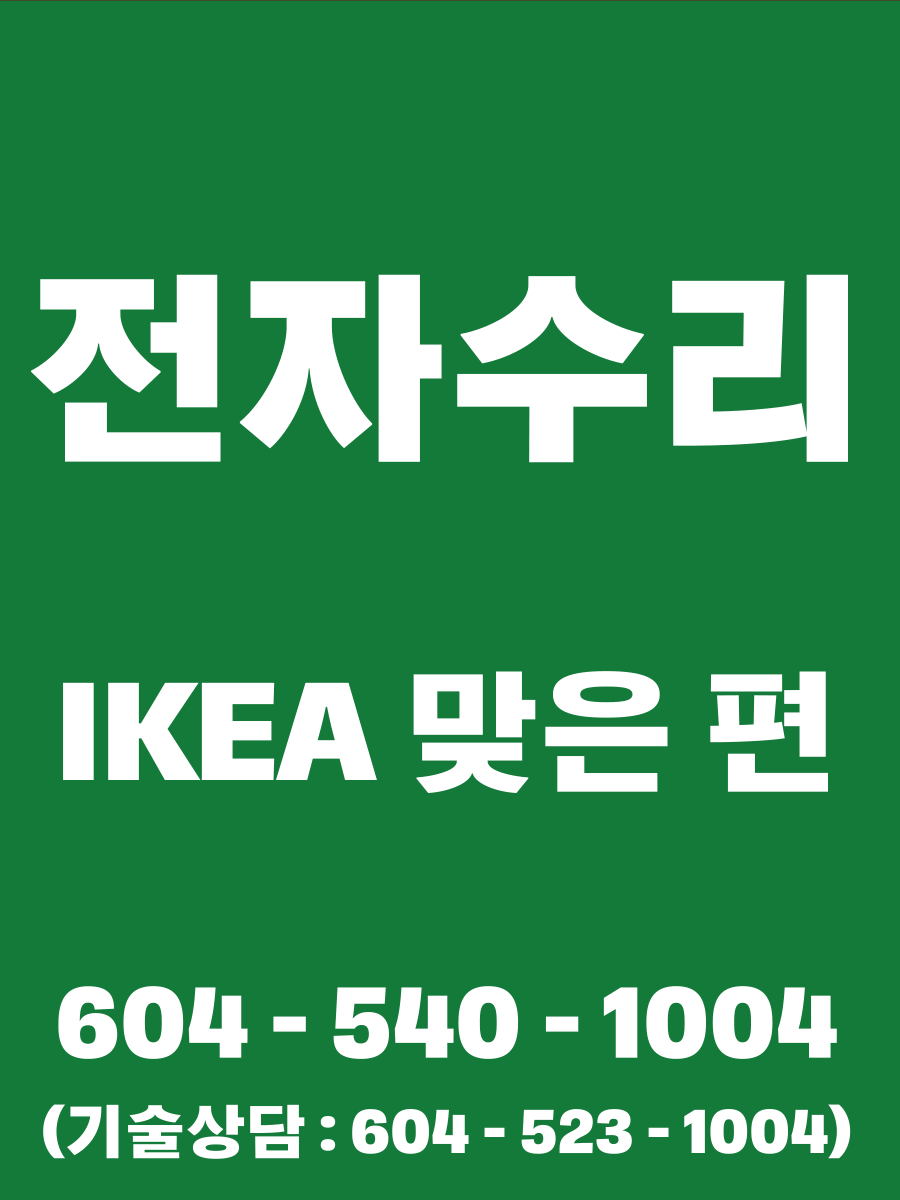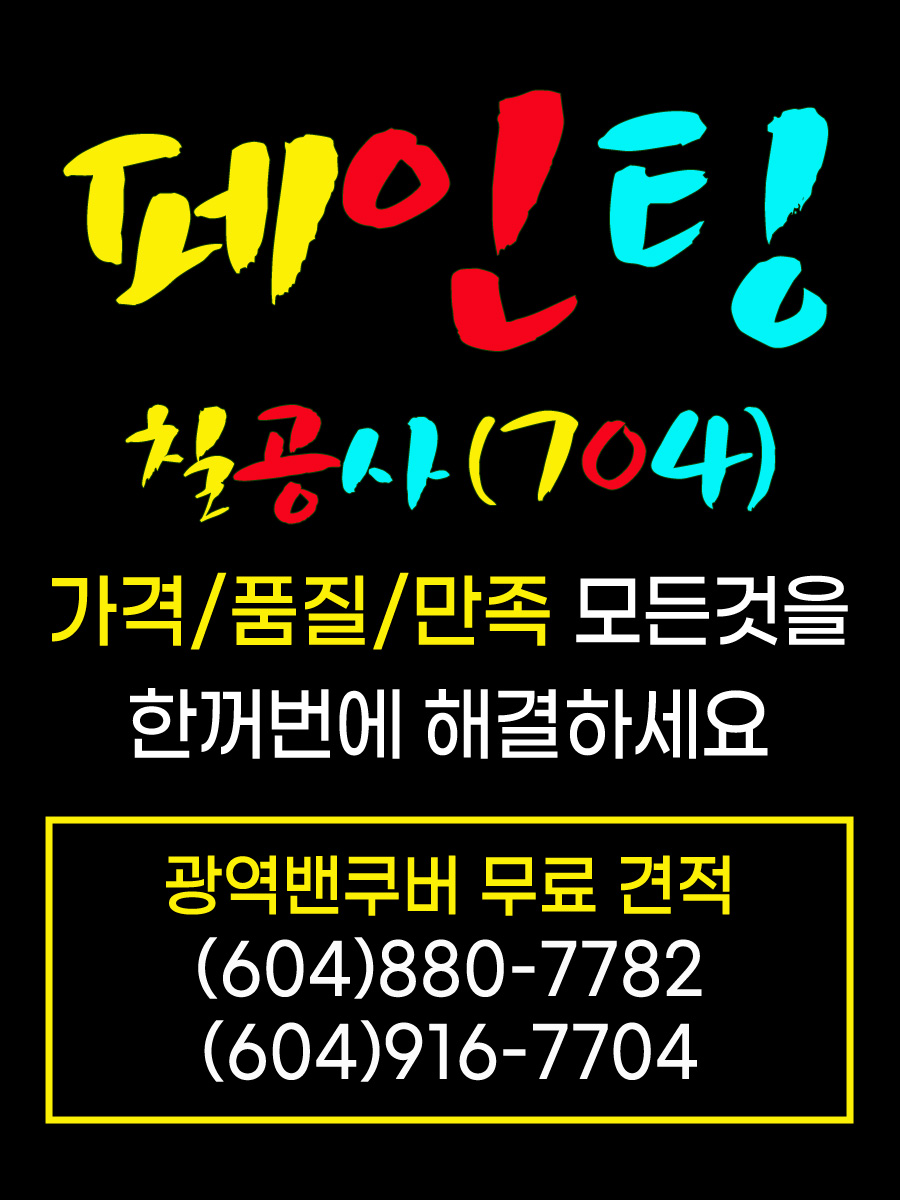by Angela MacKenzie
Segolene Royal, the Socialist Party candidate in the 2007 presidential election in France, is proving that women can be attractive, wear skirts and still be dynamic, political forces to be reckoned with (compare Royal to England's Margaret Thatcher from a few decades earlier).
After standing by her man, former U.S. president Bill Clinton, through a presidency marred by sex scandals, Hillary Clinton is now the incumbent state senator for New York with a likely run at the presidency in the near future. Meanwhile, Nancy Pelosi, a Democratic member of the U.S. House of Representatives, will become the most powerful woman in American political history (and second in line to the presidency after Vice President Dick Cheney) in January 2007 when she's slated to become Speaker of the House of Representatives.
In our own backyard, Jean Sauve was the first woman in Canada to be appointed as the Speaker of the House of Commons in 1980, blazing the trail for Adrienne Clarkson, who became the first, visible minority woman to fill that role in 1999.
In 1993, Kim Campbell became the first woman prime minister of Canada, however short her term in office.
Women have undeniably made great strides in politics, as they have in other "traditional" arenas of men.
So much so that the Canadian government decided recently that the gains made by women mean that the Status of Women Canada, a federal agency that promotes women's equality, can do without 40 per cent of its relatively modest $13-million budget and without the word "equality" from its mandate.
After all, haven't we come a long way, baby?
Not far enough according to Stephen Lewis, the UN Special Envoy for HIV/AIDS in Africa, and women's organizations from around the globe.
Responding to that severe criticism, a high-level UN panel announced earlier this month its recommendation to establish a new, independent, women-specific agency at the United Nations.
UN Secretary General Kofi Annan remarked at the news that the world was starting to grasp that "there is no tool for development more effective than the empowerment of women and girls." Annan said numerous studies have shown that no other policy was as likely to raise economic productivity, reduce infant and maternal mortality, improve nutrition and promote health.
The 2006 Nobel Peace Prize winner, Muhammad Yunus, understood that when he founded the Grameen Bank in Bangladesh.
The bank provides micro-credit primarily to women struggling against repressive social and economic conditions. Yunus believes that economic growth and political democracy cannot achieve their full potential unless the female half of humanity participates on an equal footing with the male.
That concept, unfortunately, has still not achieved full realization. Women around the world continue to struggle to achieve economic and social equality.
According to Oxfam Canada, a non-governmental aid organization, women make up nearly 70 percent of the world's 1.3 billion people living in poverty, 65 percent of the world's refugees and two-thirds of the world's illiterate population. They constitute two-thirds of the exploited, informal workforce, own just one per cent of the world's resources and earn one-tenth of the world's income.
Oxfam Canada states that "Power relationships in most communities and countries (not least in Canada) are far from equal: women are not only poorer than men, but face social, economic, political and cultural discrimination on the grounds of gender. Yet no developing country can afford to ignore women's rights, their existing and potential economic contribution, or their pivotal role in determining the health and welfare of a nation's children. Women are the powerhouse of developing countries: they produce a staggering 60 percent of all food, run 70 percent of small-scale businesses and make up a third of the official labour force, in addition to caring for families and homes. Yet their status rarely reflects this contribution."
The status of women has come a long way, but there's still a long way to go.
광고문의: ad@vanchosun.com 기사제보: news@vanchosun.com 웹 문의: web@vanchosun.com
 밴쿠버 조선의 다른 기사
(더보기.)
밴쿠버 조선의 다른 기사
(더보기.)
|

|
|
|















































